Drowsy driving remains a major problem among many people, with some not realizing just how dangerous it is. The tricky thing about drowsy driving is that it can hit in an instant. One second you’re feeling okay, but the next you’re too tired to be behind the wheel.
There are many reasons why drowsy driving is a problem, including the following:
- It slows reaction time, thus making it difficult to make split-second decisions
- Makes you less likely to pay attention to the road ahead and cars around you
- Affects your ability to maintain good judgment
According to the Centers for Disease Control and Prevention, approximately one out of 25 adult drivers report having fallen asleep while at the wheel over the past 30 days. To add to this, tens of thousands of accidents, injuries and deaths are related to drowsy driving every year.
Who drives drowsy?
Anyone can fall prey to drowsy driving, so it’s critical to keep a close watch on your level of alertness at all times. Some of the people who are more likely to fall asleep at the wheel include:
- Anyone who does not get the proper amount of sleep
- Commercial drivers who spend many consecutive hours behind the wheel
- Shift workers, such as those who work at night
- Anyone who takes medication that could cause drowsiness
- Anyone with a sleep disorder
Here are some of the warning signs that you may be driving drowsy:
- An inability to keep your vehicle in its lane of travel
- Difficulty remembering the recent past, such as the last few miles on the road
- Blinking and yawning
- Missing your exit
- Hitting an object on the side of the road
If you have any reason to believe you’re too tired to drive, move to safety and stop your vehicle. From there, you can make note of your condition and decide what to do next.
Just as you can become drowsy when driving, the same holds true of others on the road. If another driver strikes your vehicle, perhaps because they fell asleep, call 911 and let police take over the scene. Also, receive immediate medical treatment and contact your insurance company as soon as possible. Doing all these things will help you protect your legal rights.
